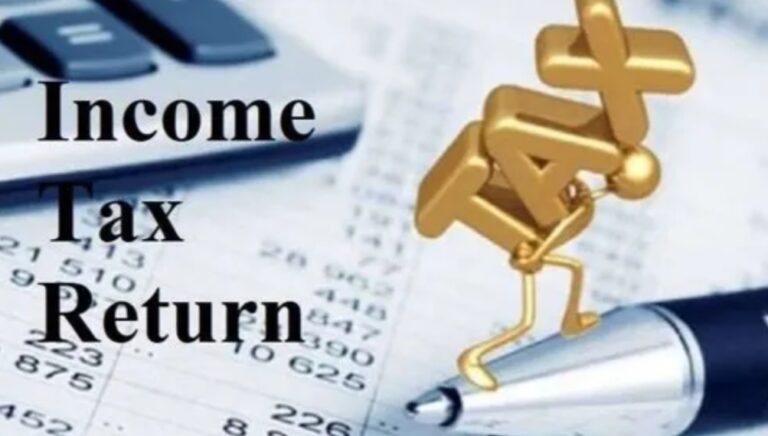Short-Term Capital Gains (STCG) in India refer to profits earned from the sale of a capital asset held for a short duration—typically less than 12 months for listed equity shares and mutual funds, and less than 24 or 36 months for other assets like property or gold. STCG is taxable in the year of sale and is governed by specific provisions under the Income Tax Act, 1961. Gains on listed equity shares where STT is paid are taxed at a special rate of 15%, while other STCG are taxed as per the individual’s applicable slab rate. Deductions and exemptions vary accordingly.
Here’s a detailed explanation of Short-Term Capital Gains (STCG) taxation in India, as per the Income Tax Act, 1961 (updated for FY 2024–25 / AY 2025–26):
🔹 What is a Short-Term Capital Gain (STCG)?
A short-term capital gain arises when a capital asset is sold within a specified holding period and the sale price exceeds the cost of acquisition (plus any improvement cost and expenses on transfer).
📌 Holding Period for STCG Classification
| Asset Type | STCG If Held For Less Than |
|---|---|
| Listed equity shares | 12 months |
| Equity mutual funds | 12 months |
| Debt mutual funds | 36 months |
| Immovable property (land/building) | 24 months |
| Other assets (gold, jewellery, etc.) | 36 months |
🔹 Tax Rates on STCG
1. STCG under Section 111A (Special Rate – 15%)
Applicable when:
- Sale is of listed equity shares, units of equity-oriented mutual funds, or units of business trusts.
- Securities Transaction Tax (STT) is paid on sale.
👉 Tax Rate: 15% + surcharge + cess
📌 This STCG is taxed even if your total income is below the taxable threshold (₹2.5L / ₹3L / ₹5L). However, basic exemption limit can be adjusted if no other income exists.
2. STCG NOT under Section 111A (Taxed as per slab rates)
Applicable for:
- Sale of unlisted shares, immovable property, gold, debt funds, etc.
- Listed shares without STT paid.
👉 Tax Rate: As per applicable slab rate of the individual or entity
🧾 If you’re in the 30% slab, STCG not covered under 111A will be taxed at 30%.
🔹 Deductions and Exemptions
❌ No Chapter VI-A deductions (like 80C, 80D) are allowed against STCG under Section 111A.
✅ Deductions under Chapter VI-A can be claimed against STCG not covered under Section 111A.
🔹 Rebate under Section 87A
- Available for resident individuals if total income (including STCG under 111A) does not exceed ₹5 lakh.
- Maximum rebate: ₹12,500
- If income exceeds ₹5 lakh even by ₹1, rebate is not available.
🔹 Set-off and Carry Forward
| Scenario | Treatment |
|---|---|
| STCG loss set-off | Allowed against both STCG & LTCG |
| Carry forward of STCG loss | Allowed for 8 assessment years |
| Filing of return within due date required | To carry forward losses |
🔹 Illustration: STCG Tax Calculation
Suppose:
- You sell listed equity shares within 8 months of purchase.
- Sale price = ₹1,50,000
- Purchase price = ₹1,00,000
- STT paid.
Then:
- STCG = ₹50,000
- Tax = ₹7,500 (15% of ₹50,000) + cess @ 4% = ₹7,800
🔹 Special Notes
- Indexation benefit is not available for STCG.
- STCG on bonus shares and rights issues is taxable similarly.
- For NRIs, TDS applies at 15% (Section 111A) or slab rates for other assets.
- New tax regime (section 115BAC) has no impact on STCG tax rates.
